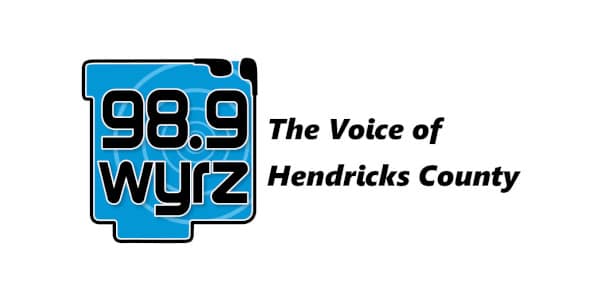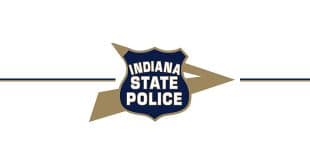INDIANAPOLIS December 8, 2015 – The Indy Chamber will push the Indiana General Assembly for stronger anti-discrimination laws and forward-looking education and transportation policies in 2016. The Chamber outlined these and other priorities for next year’s legislative session today, also calling on lawmakers to give local government more authority to expand mass transit, encourage job creation and collect commuter taxes.
The regional business group reiterated its support for expanded state civil rights protection in the wake of last session’s RFRA controversy, and is taking a leading role in the ‘Indiana Competes’ coalition lobbying to ban discrimination on the basis of sexual orientation and gender identity in housing, employment and public accommodations.
“From our largest employers to our newest start-ups, our members identify human capital as a top priority,” said Michael Huber, President & CEO of the Indy Chamber. “Keeping Indianapolis a welcoming place for everyone who wants to live, visit or do business here is the right thing to do, and an economic necessity.”
While inclusive laws will help Indy appeal to new talent, the Chamber is also focused on developing tomorrow’s “homegrown” talent. The organization sees the need for stronger alignment between employer demands and college and vocational programs, more high school counselors to provide career-focused advice to students, and greater flexibility for local school districts to innovate and incentivize teachers.
With mounting evidence that early childhood education makes a lasting impact on academics, employment and earning potential, the Chamber will continue to promote state-funded, high-quality pre-kindergarten – building on the existing ‘On My Way Pre-K’ pilot program and planning for a statewide program in the next budget.
“Investing in early childhood education will save Hoosier taxpayers in the long run,” said Connie Bond Stuart, Regional President of PNC Bank and a member of the Indy Chamber Executive Committee. “By giving every child a solid foundation for learning and life, we reduce the need for special education and remediation, lessen the impact of crime and poverty and gain the benefits of a better-prepared, more productive workforce.”
Transportation – both basic infrastructure and public transit – is another critical issue identified by Indy Chamber members. Continued investment in roads and highways supports the region’s thriving logistics industry; employers are also stepping up demands for mass transit options to connect workers to jobs, encourage new development and compete with other large regions for skilled workers.
“We need long-term funding solutions for state and local infrastructure, or we risk our competitive advantage as the ‘Crossroads of America,'” said Mark Fisher, VP of Government Relations and Policy Development for the Indy Chamber. “But today, our transportation system can move millions of tons of freight every year but can’t reliably get people to work – mass transit continues to be an urgent need.”
The Indy Chamber is advocating that adjacent townships to be allowed to vote on regional transit at the same time as Marion County – giving those who will be affected the most a timely voice on extending transit service across county lines.
“We ask only that the state lets us seek local approval and regional cooperation for projects like the Red Line rapid transit route and the rest of the Indy Connect transportation plan,” Fisher added.
The theme of local control extends into many of the Indy Chamber’s other legislative priorities: more flexibility for city and county governments on tax increment financing and economic incentives, the authority to explore government consolidation and the ability to levy taxes on commuters and visitors to fund local needs.
The Indy Chamber agenda also reflects the group’s focus on entrepreneurship and quality of life in economic development. It will advocate aggressive incentives for R&D and venture capital investment, support for small business microlending, and the expansion of grant programs like the Regional Cities Initiative that emphasize ‘livability’ and redevelopment.
“We continue to recruit new companies to relocate and grow in the Indy region,” said Huber. “But we recognize that 80 percent of our job creation comes from existing employers and start-ups, and that skilled people attract business opportunities. It’s smart economic policy to encourage entrepreneurs, help small businesses get bigger, and build communities where people want to live and work.
“We believe that Central Indiana will continue to drive Indiana’s economy, and we have an ambitious agenda to support growth in our region and across the state,” he finished. “Our leadership and advocacy team look forward to making our case at the Statehouse and working with our legislators to find common ground.”
The full Indy Chamber 2016 Legislative Agenda follows this release, and can be found online here.






